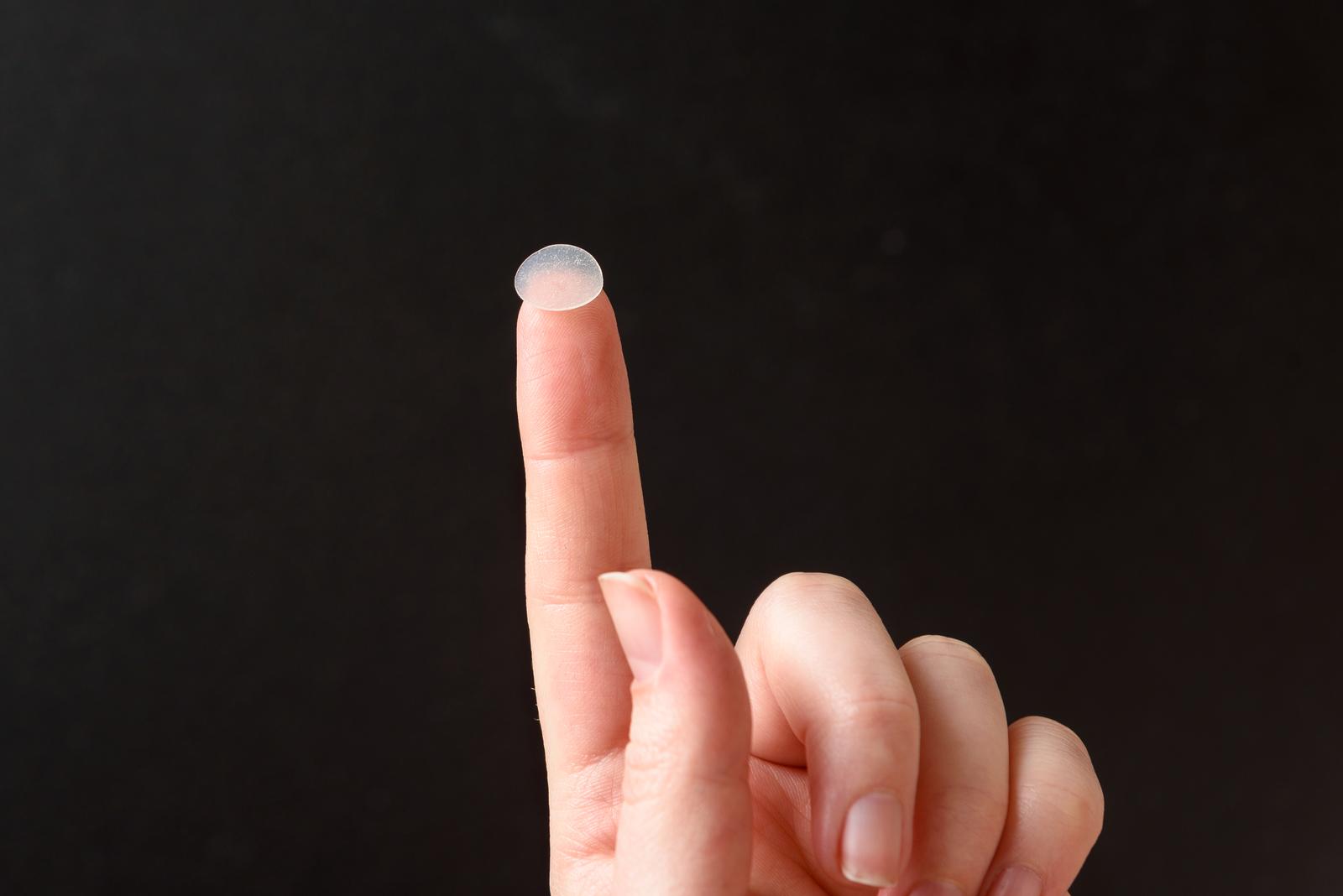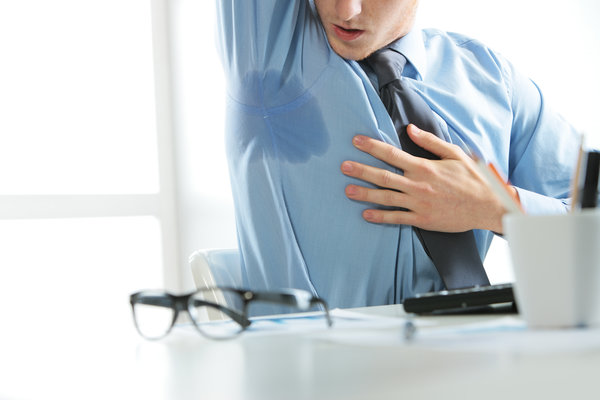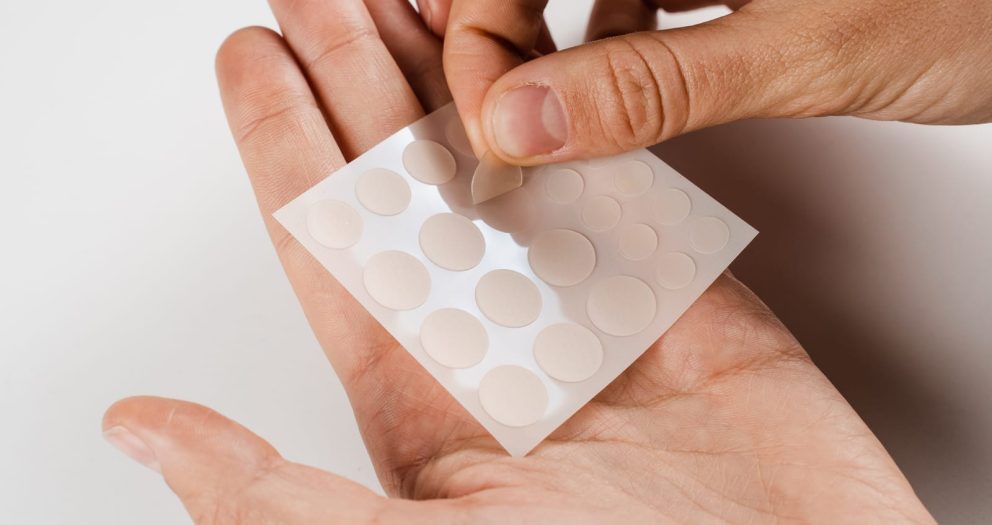Acne patches have been gaining popularity as a quick and easy solution to treat pesky breakouts. However, while they may help to speed up the healing process, many are left wondering if they could potentially leave behind a different type of blemish – scars.
In Singapore, where flawless skin is highly valued, the fear of acne scars is a common concern. So, do acne patches cause scars in Singapore?
By applying acne patches to your pimples, the hydrocolloids interact with the sebum and dirt, resulting in a gel-like substance. This gel acts as a protective barrier, safeguarding your pimples from infection and preventing them from bursting. As a result, the likelihood of scarring is substantially reduced due to the added layer of protection.
Keep reading to find out more and discover the best ways to utilize acne patches.
Do acne patches cause scarring?
One of the main concerns that many people have about using acne patches is whether they can cause scarring. The good news is that, in general, acne patches are unlikely to cause scarring on their own. In fact, they may even help to prevent scarring by keeping the pimple safe from further infection and preventing it from being accidentally popped or irritated.
However, it is important to note that scarring can still occur if acne patches are not used properly or if the acne breakouts themselves are severe.
For example, if an individual uses an acne patch on a pimple that has already burst, there is a risk that the patch could push the infected material further into the skin, potentially leading to further inflammation and scarring. Additionally, if the acne breakout is particularly severe, there may be a higher risk of scarring even with the use of acne patches.[Source]
Another factor to consider is that some people may be more prone to scarring than others. Those with darker skin tones may be at a higher risk of developing dark spots or hyperpigmentation after an acne breakout, which can be mistaken for scarring. In these cases, it is important to consult with a dermatologist to determine the best course of treatment to minimize the appearance of these spots.
What happens if you leave a pimple patch on too long?
Even though pimple patches is a quick and easy solution to treat acne breakouts, leaving a pimple patch on for too long can lead to a variety of potential issues.
Firstly, if a pimple patch is left on for an extended period, it can lose its effectiveness. Over time, the patch will become saturated with the fluid from the pimple, and its ability to absorb more fluids will be reduced. This can make the pimple take longer to heal, or it may not heal at all.
Leaving a pimple patch on for too long can also cause skin irritation. Prolonged exposure to the patch adhesive can cause redness, itching, and even blisters. Some people may also experience an allergic reaction to the patch adhesive, which can cause severe irritation and discomfort.
Another potential issue of leaving a pimple patch on for too long is that it can trap bacteria and lead to further infection. If the patch is not changed regularly, the trapped bacteria can multiply and spread to other areas of the skin, causing more breakouts.
In some cases, leaving a pimple patch on for too long can also cause scarring. If the patch is left on for an extended period and the pimple is not fully healed, the patch may trap the infected material under the skin, which can lead to further inflammation and scarring.
Sources:
- Do acne patches cause scarring?” – American Academy of Dermatology Association (https://www.aad.org/public/everyday-care/skin-care-secrets/acne/acne-patches-scarring)
- “Hydrocolloid Dressings for Acne: A Literature Review” – Journal of Cutaneous Medicine and Surgery (https://journals.sagepub.com/doi/10.1177/1203475418755419)
- “Pimple Patches: What Are They and Do They Work?” – Healthline (https://www.healthline.com/health/pimple-patches)
- “The Do’s and Don’ts of Using Acne Patches” – Byrdie (https://www.byrdie.com/how-to-use-acne-patches-5075175)
- “The Ultimate Guide to Treating Acne” – National Institute of Arthritis and Musculoskeletal and Skin Diseases (https://www.niams.nih.gov/health-topics/acne/advanced#tab-treatment)






